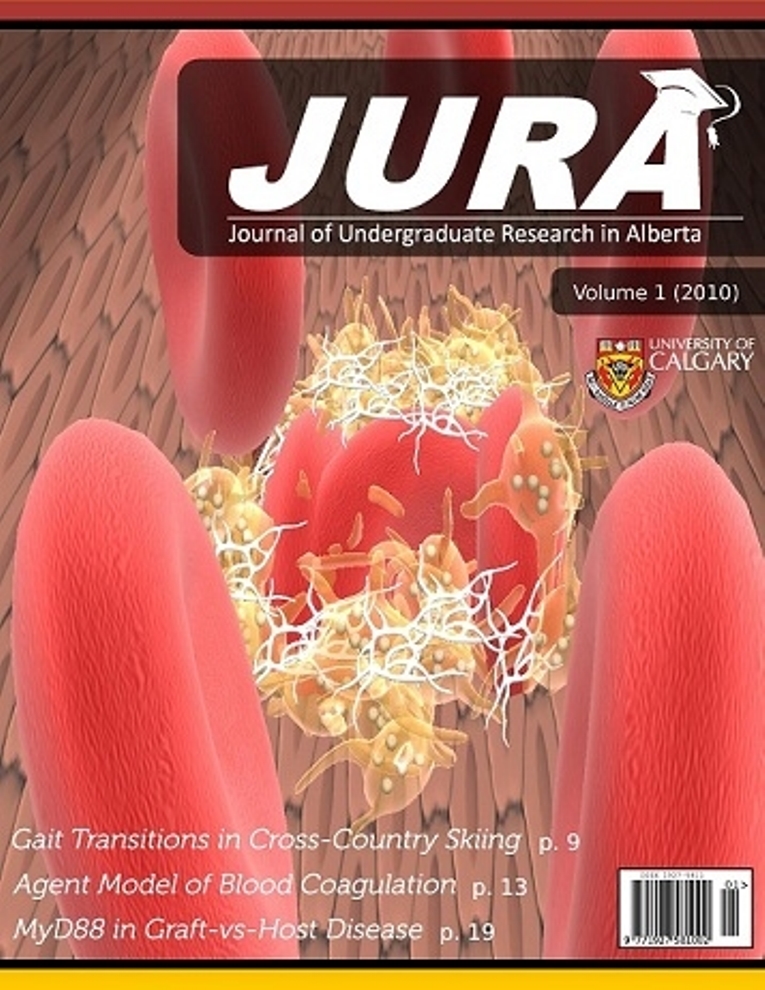The Effect of MyD88 Deficiency During Graft-Versus-Host Disease
Keywords:
Graft-Versus-Host Disease, Innate Immunity, Adoptive Immunity, TLR, MyD88 protein, Inflammation, Allogeneic Hematopoietic Stem Cell transplantationAbstract
Graft-versus-host disease is the onset of an un- wanted immune response in patients who have undergone bone marrow transplantation [1]. The effect of this unwanted immune response is lethal in many cases. The goal of this research is to reduce the effect of graft-versus-host disease which can possibly reduce the waiting time for an eligible bone marrow donor to appear. This paper focused on the MyD88 adaptor protein, which triggers biochemical signals that can initiate, maintain, expand, or terminate inflammatory sites [2]. Inflammatory sites are the areas where the immune cells are gathered to fight foreign pathogens [1]. Experiments were carried out wherein stem cells were extracted from C57BL/6 mice and injected into BALB.B mice. This experiment design establishes the allogeneic bone marrow transplantation because the minor histocompatibility complex gene is un-matched between the two strains of mice while the major histocompatibility complex gene is matched. We focused on the effect of MyD88 protein deficiency in transplan- tation recipient. The positive/negative controls for the allogeneic bone marrow transplantation and MyD88 knockout allogeneic bone marrow transplantation group were carefully observed for 28 days and assessed for survival, weight, and immune cell fraction changes. We found that MyD88 protein deficiency yields prolonged survival in graft-versus-host disease. Data also suggests that innate immunity is the dominant factor in graft-versus- host disease, not adaptive immunity. Future experiments with cytokine analysis in a similar experiment design will provide more information about the relationship between the innate immunity and the severity of graft versus host disease.
References
[2] C.A.JanewayandR.Medzhitov,“Innateimmunerecognition,”Immunol- ogy, Annual Reviews, vol. 20, pp. 197–216, 2002.
[3] W. D. Shlomchik, “Graft-versus-host disease,” Immunology, Nature Re- view, vol. 7, pp. 340–352, 2007.
[4] N. C. Institute. Bone marrow transplantation and peripheral blood stem cell transplantation.
[5] B. Alberts, A. Johnson, and J. Lewis, Molecular Biology of the Cell, 4th ed. New York: Garland Science, 2002, ch. Lymphocytes and the Cellular Basis of Adaptive Immunity.
Downloads
Published
Issue
Section
License
Authors retain all rights to their research work. Articles may be submitted to and accepted in other journals subsequent to publishing in JURA. Our only condition is that articles cannot be used in another undergraduate journal. Authors must be aware, however, that professional journals may refuse articles submitted or accepted elsewhere—JURA included.


